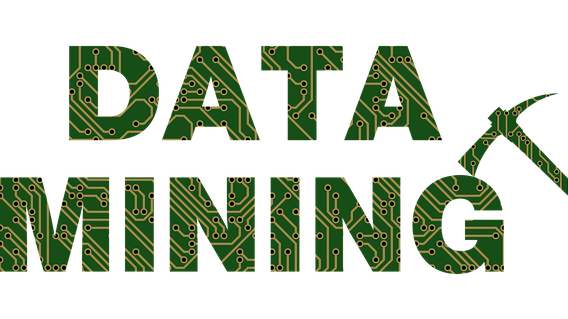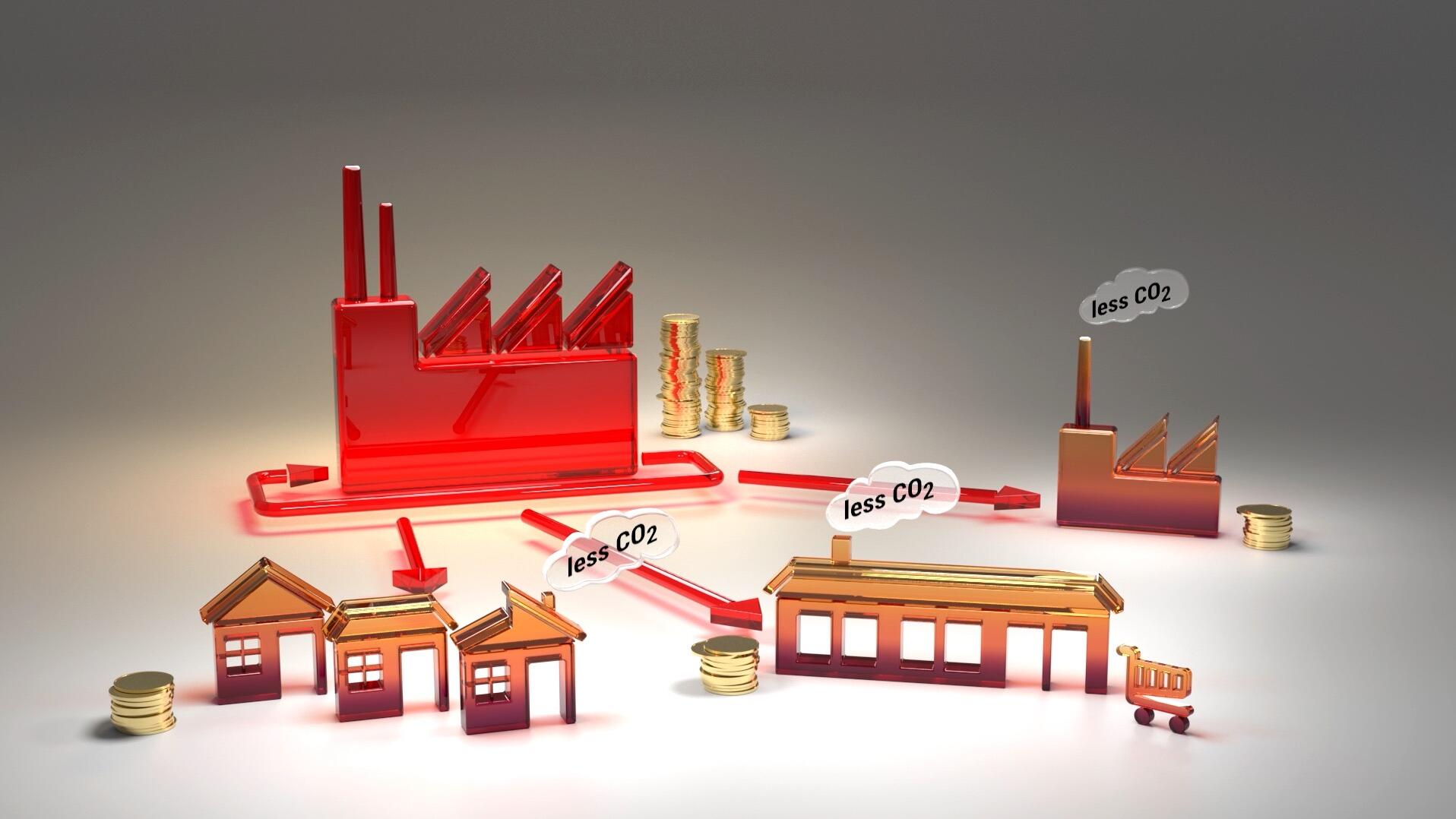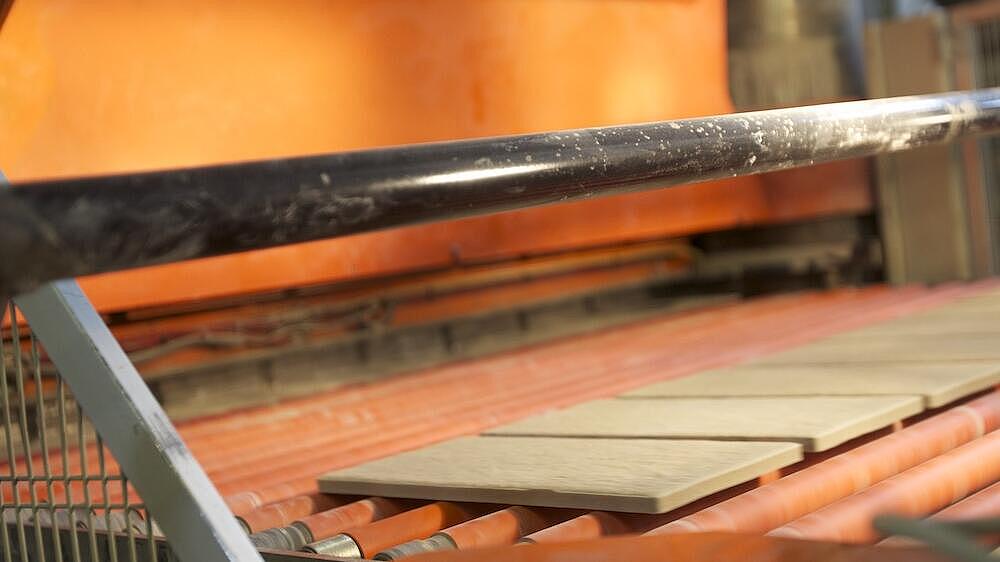 Search Result
Search ResultEnergy Data Insights: The Missing “Smart Step” to Better Building Performance
Following our last article on " Artificial Intelligence in Energy Management Software ", we got many responses from vendors and users alike. Over the next couple of weeks and month we will follow them…
Read Full articleBuilding More Powerful Batteries Possible with New Electrode Design
New research could lead to batteries that can pack more power per pound and last longer, based on the long-sought goal of using pure lithium metal as one of the battery's two electrodes, the anode.…
Read Full articleUnlocking the Power of Industrial Symbiosis: How Data Exchange Fuels Collaboration and Innovation
The following article is a summary of the report “Overview of data exchange channels and their implementation” delivered by the EU project CORALIS. And it is also a training article for the Enerwhizz…
Read Full articleBlockchain in the energy sector is moving forward - Key takeaways from the EventHorizon 2018
First published here A decommissioned power plant in Berlin finally was brim-full of energy again when experts of the energy and blockchain sector entered the stage at the Event Horizon 2018. “Flip…
Read Full articleGreen Aviation
First published here Those who know me will know of my life long-love of aviation. I wanted to be a test pilot even before wanting to be an astronaut but ended up getting into energy. My…
Read Full articleIreland’s new Renewable Energy Support Scheme (RESS) design
First published here . What does it mean for the renewable industry in Ireland? On Tuesday 24th July, the Government of the Republic of Ireland approved the design of the new Renewable Electricity…
Read Full articleInfluencing the European Green Deal and industrial strategy: Leaders and laggards among small EU states
Towards the end of its six-month EU presidency, in late December 2019, Finland offered the same free gift to all EU member states it had already given to folk at home: a basic online course in…
Read Full articleAll you need to know about advanced high temperature heating technologies for industry
Decarbonising industry means the decarbonisation of electricity and heat. In principle, industry can rather easily decarbonize their electricity consumption, just buy green electricity. Heat is the…
Read Full article5 energy sources you have never thought of
Every day, surplus heat is released into the environment, contributing to global warming and wasting chances of clean energy generation. Opportunities to recover and reuse it can be found in places…
Read Full articleThe Mechanics of Ceramics: How the Industry Can Decarbonize
Although the world’s industries have tried to transition to more sustainable methods, the annual global extraction of materials has tripled over the last 50 years. In Europe’s ceramics industry has…
Read Full article








